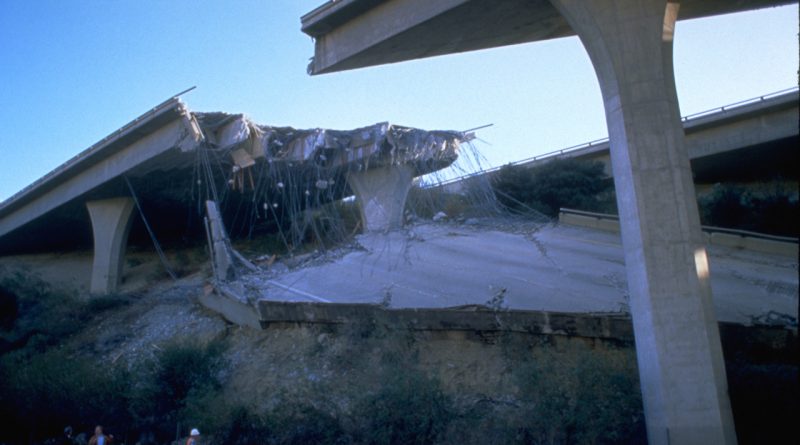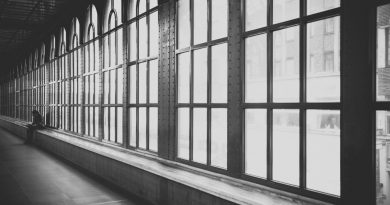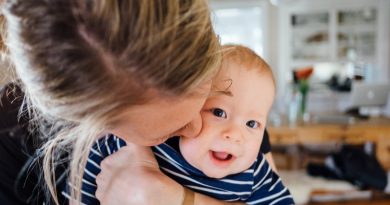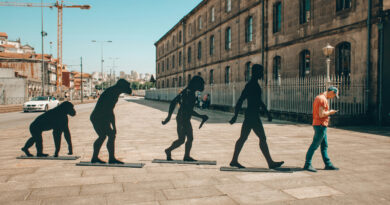How Earthquakes Affect People
I resisted writing about the tragic earthquake in Japan with every fiber of my body because of my own painful memories of surviving the 1994 Northridge, California earthquake. (The records show that it was a “mere” 6.7 in magnitude.) Comparing to the Japanese earthquake’s 9.0 it may seem like nothing. It wasn’t for those who survived it.
I’m watching the earthquake and Tsunami survivors in Japan and most likely seeing something very different than a viewer in New York or the Midwest. The images you’re seeing don’t tell the whole story.
The striking videos show material damage and human suffering; they don’t depict human trauma. I’ll spare you the description of my first hand experience but I’ll give you a few assorted episodes that might help you comprehend the extent of the tragedy so many in Japan are dealing with as we speak.
How Earthquakes Affect People:
When a major quake hits the strongest human reaction is that of shock and disbelief. These are followed by a complete disorientation. (You may think to grab your driver’s license, but you’ll grab a coffee cup, instead. That’s why there is so much talk about earthquake preparedness: if you have all supplies ready and in one place – preferably next to the door – you’re least likely to forget them.)
People become quite incoherent and irrational due to the trauma. Once the initial feelings subside, humans and pets alike are terrified of buildings. Just about anybody chooses to sleep outdoors: on the street, in a park, tent or a car. The saying is that quakes don’t kill people, buildings do. It takes a while – in cases of powerful earthquakes, months! – before a person masters enough confidence to venture indoors.
People are afraid to enter a grocery store where items can fall from shelves or the shelves themselves can fall on the shoppers during an aftershock…..
In the days and weeks following the Northridge earthquake, most California drivers wouldn’t stop – in traffic – under a bridge or a freeway overpass for fear that it may fall on them.
Several weeks after the quake, I spoke to a middle-aged gas station attendant and asked him (at times like these we are all very much community-oriented…) how he’s doing after the quake. He answered “fine, but I’m still afraid to use the toilet”. The quake caught him while he was sitting on the toilet; now every time he does, he worries that the next quake will catch him again with his pants down….
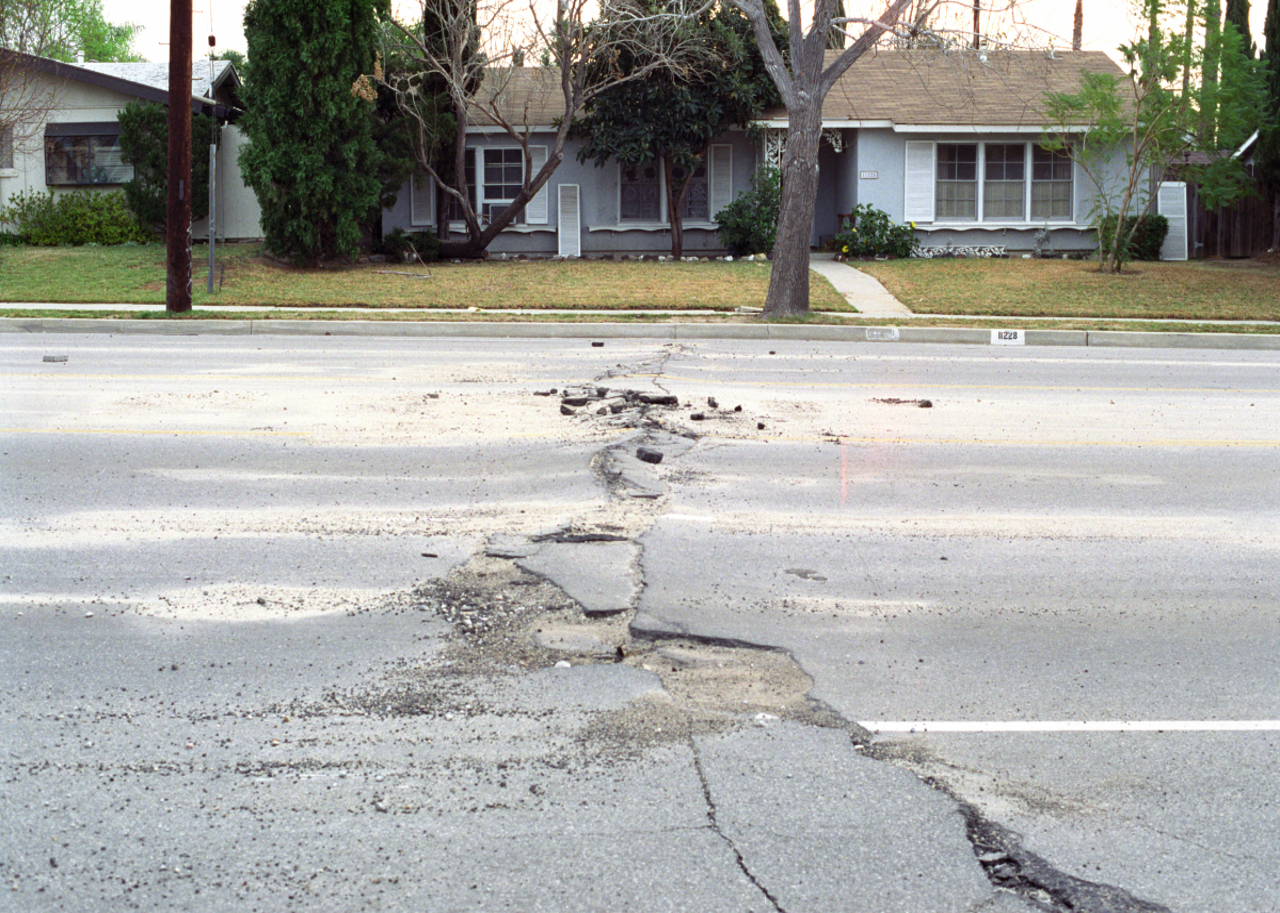
Photo credit: Gary B. Edstrom
The one very strange and beautiful thing that should be noted and is also earthquake-related: we care. We care not only about our families and friends but also about next door neighbors and strangers. The human solidarity which usually exists in theory only, blossoms during and after a natural disaster. The superficial facades fall and lo and behold: we actually relate to each other on the same (human) level. We still remember that life is the highest value and the most precious possession and we don’t see the divisions that normally(?) pitch us against each other. This blessed period is of course short but quite amazing in a world where material possessions are under normal circumstances the sole measure of human life.
I’m watching the brave Japanese and I don’t see their ethnicity, I see myself and my loved ones and remember my own experience, the events that took place afterward and how they changed our lives forever. Of course, I feel for them and pray that their recovery doesn’t resemble ours. God Bless Japan!

